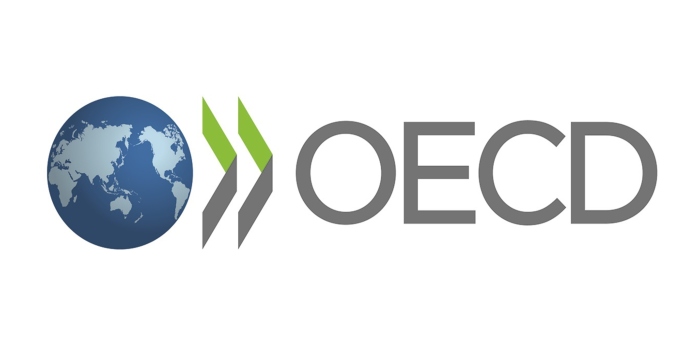
01/11/2021 – As governments face the challenge of delivering on their net-zero by 2050 commitments, a new OECD report says they must focus in parallel on reducing and managing the inevitable risk of further losses and damages from climate change.
The Managing Climate Risks, Facing up to Losses and Damages report says the risks of further impacts on economies, ecosystems, businesses and people are unavoidable and will increase with the extent of warming. These risks are unevenly distributed across countries and people, disproportionately affecting the poorest and most vulnerable, which is a compelling reason to act now.
These risks flow from three types of climate hazards, each subject to uncertainties: increasingly frequent and intense extreme weather events, more gradual changes, such as sea level rises, and from the potentially dramatic global effects of crossing critical thresholds in the climate system. The risk of losses and damages depends not only on the hazards but also on the exposure and vulnerability of people, assets and ecosystems to those hazards.
“A large proportion of the world’s current and future populations will face more frequent and intense climate events,” OECD Secretary-General Mathias Cormann said, launching the report at a COP26 side event alongside German Parliamentary State Secretary for Economic Co-operation and Development Maria Flachsbarth. “The increasing number of governments adopting net zero-emissions goals by 2050 is encouraging, but this needs to be translated into real action and real outcomes,” he said.
Ms Flachsbarth highlighted: “The poorest are suffering most from climate-induced losses and damages. We need to step up our efforts towards a more comprehensive approach so that no one is left behind. More and better climate risk finance can help closing protection gaps.”
The most important way to mitigate climate risks in the future is to act now and to urgently put the world on a path to net zero emissions by 2050.
At the same time, all countries need to reduce their exposure and vulnerability to the risks of losses and damages from climate change now. Developed countries and large emitting emerging economies have a responsibility to take the lead in cutting emissions. Developed countries also have a responsibility to provide finance, technology and capacity building to help developing countries with the climate risks they face, the report says.
Among other recommendations, the report calls for more to be done on a global level to monitor and study climate tipping points. Improved data on climate extremes and impacts in developing countries is needed to underpin decision-making and must be complemented by international partnerships that can strengthen earth observation and modelling capabilities. The report highlights the importance of solidarity across countries and over time to ensure that the most vulnerable segments of society and future generations do not carry the burden of inadequate action to reduce emissions today.
The report also argues that countries should take a comprehensive approach to risk management, using financial mechanisms to reduce, retain and transfer risk and find ways to enable and encourage private actors to reduce and manage their own risks when this is possible. According to the report, the global architecture for climate and disaster risk finance needs strengthening. Developed countries should consider the implications of climate risks for debt sustainability in developing countries hit by repeated natural disasters and provide support in a way that does not add further pressure, in particular for least-developed countries and small island developing states. Donor countries must also strive to meet their commitments to provide climate finance to support climate action by developing countries, and reflect on the approach to countries that are exposed to climate hazards but no longer eligible for Official Development Assistance (ODA).
Read Managing Climate Risks, Facing up Losses and Damages
For further information journalists are invited to contact the OECD Media Office (+33 1 4524 9700).
Working with over 100 countries, the OECD is a global policy forum that promotes policies to preserve individual liberty and improve the economic and social well-being of people around the world.
<!–
| Full Name | |
| Email Address | |
| Comment |
|
–>
by :
Source link
